Desperate for organs
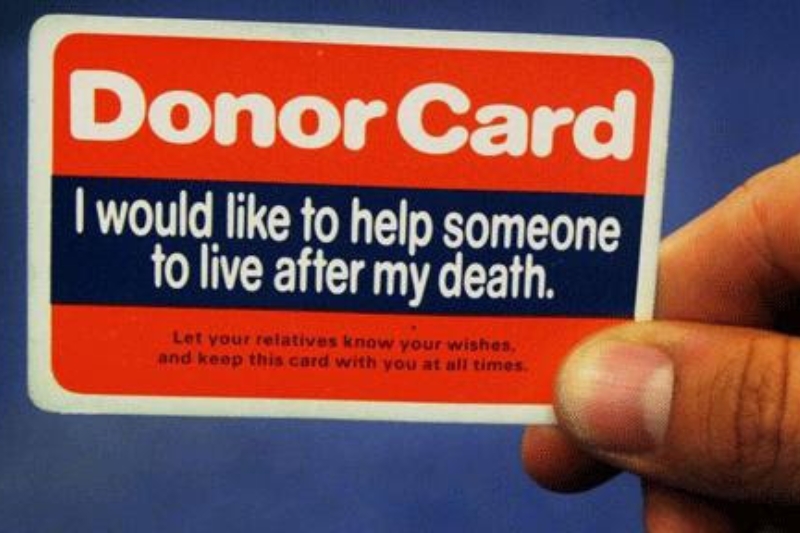 ‘What can a man give in return for his life?’ asks Jesus rhetorically of his disciples and the crowds following him (Mark 8:37, RSV). In doing so, he implicitly acknowledges that people will go to almost any lengths to save their own skins. They will also do the same for those they love. If the threat of death to your own children comes from incipient organ failure, parents will understandably be prepared to do everything they can to obtain a suitable donor organ for transplantation for their child.
‘What can a man give in return for his life?’ asks Jesus rhetorically of his disciples and the crowds following him (Mark 8:37, RSV). In doing so, he implicitly acknowledges that people will go to almost any lengths to save their own skins. They will also do the same for those they love. If the threat of death to your own children comes from incipient organ failure, parents will understandably be prepared to do everything they can to obtain a suitable donor organ for transplantation for their child.
A Nigerian couple are currently facing charges of organ trafficking under the Modern Slavery Act, having allegedly brought over to the UK a young Lagos street trader to donate his kidney to their daughter, Sonia, in a transplant operation privately arranged at the Royal Free Hospital for £80,000. The potential donor was offered an additional £7,000 for his kidney and the promise of work. He was then coached to pose as Sonia’s cousin. Fortunately, the doctor interviewing him as a potential ‘donor’ recognised that he had a ‘limited understanding of why he was there’. The transplant did not go ahead, and the authorities were alerted.
Organ trafficking was a worldwide organised crime well before the Covid pandemic, but post-pandemic, the situation is far worse. There was a global reduction of 17.6 per cent in the number of organs transplanted in 2020 compared with the previous year, and the numbers have still not returned to pre-pandemic levels. In some countries, such as Argentina, the number of transplants in 2020 dropped to almost a third of the previous year. In addition, the excess numbers suffering from kidney failure as a result of COVID-19 infection will have led to increased demand for transplants, which will remain ongoing for years. Combined with a worsening global economic situation, the poorest in the world will be increasingly vulnerable to the lure of promises of work and a few thousand pounds in exchange for a kidney.
Tackling organ trafficking is a massively complex task, but reducing the demand for organs by all ethical means has to be a part of that solution. I have been a regularly worshipping Christian for over a half a century, and not once have I ever heard reference made to organ donation at any church event.
Whilst the Scriptures obviously do not refer to organ donation per se, they do specifically refer to the giving of one’s life for another (John 15:13). Live kidney donation, though not without some risks, rarely results in the loss of the donor’s life. Deceased donation should surely not be problematic for those who know that the eternal destiny of their souls is not dependent on the state of the ‘earthly tent’ (2 Corinthians 5:1) that we leave behind at our death.
The more general principles of kindness (Ephesians 4:32), love towards our neighbour (Matthew 22:35–40, Mark 12:28–34, and Luke 10:27a), bearing one another’s burdens (Galatians 6:2), and preferring one another in honour (Romans 12:10), all surely point towards an attitude of being open to deceased donation as a minimum moral requirement. Living donation also should be something that Christians should at least be raising from time to time in their fellowships and churches. Within Orthodox Judaism, Matnat Chaim is a group working to promote altruistic living donation in Israel. Faith in Operation is a similar network for Christians in the UK interested in donating organs altruistically. The founder of Faith in Operation, Jo Walsh, shared his story on this blog back in 2020
If there are any other Christians who have been living donors reading this, would you also consider sharing your story? I would love to feature such stories in a future blog.
Trevor Stammers
CMF Associate in Public Policy: Author of The Ethics of Global Organ Acquisition (Bloomsbury)

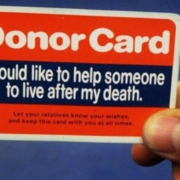
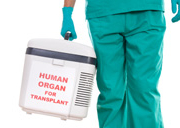

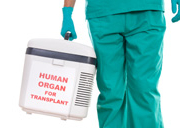

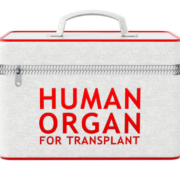

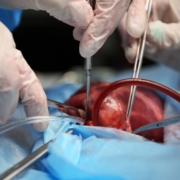
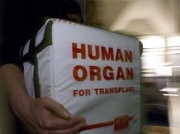

Leave a Reply
Want to join the discussion?Feel free to contribute!